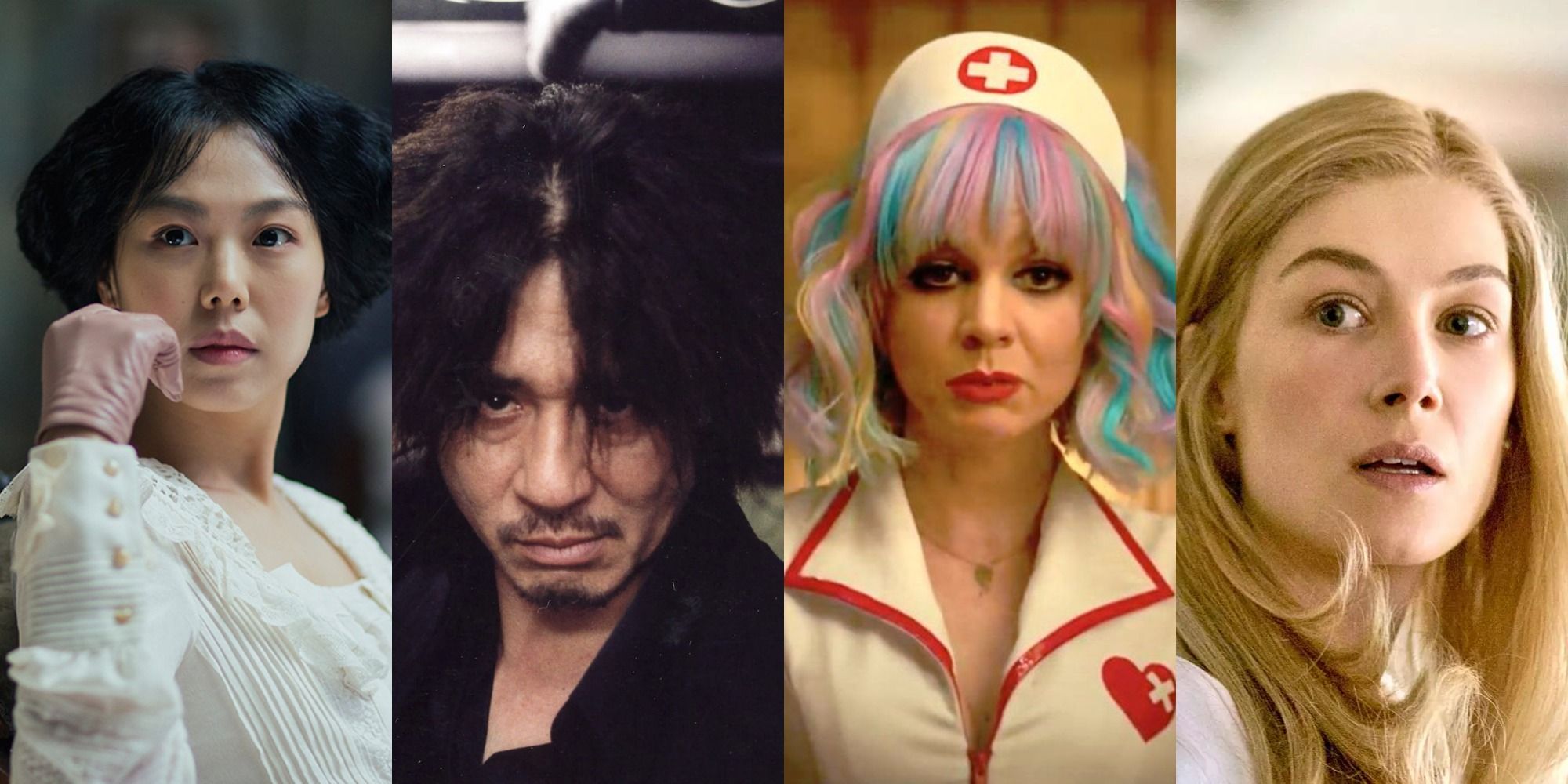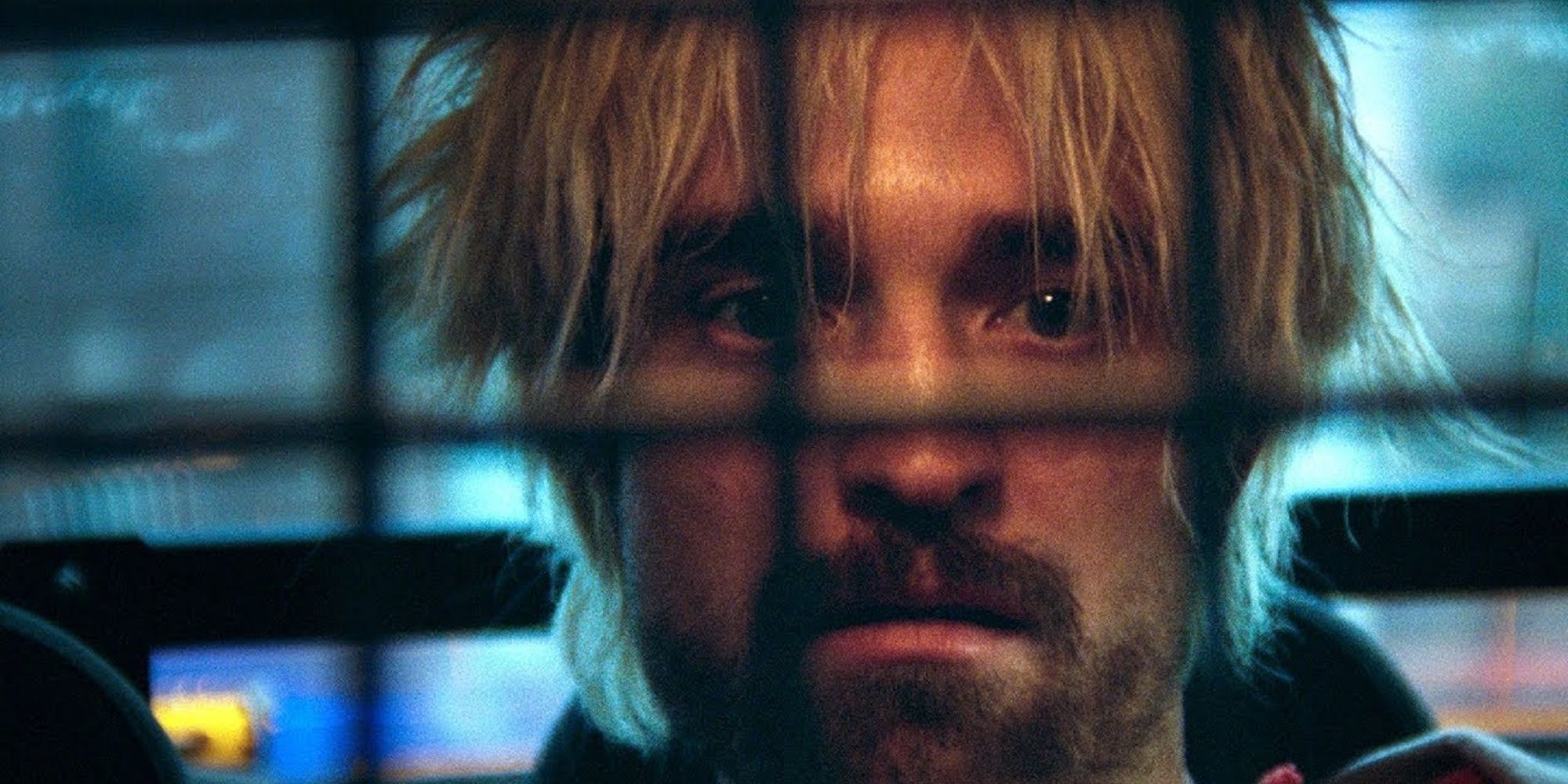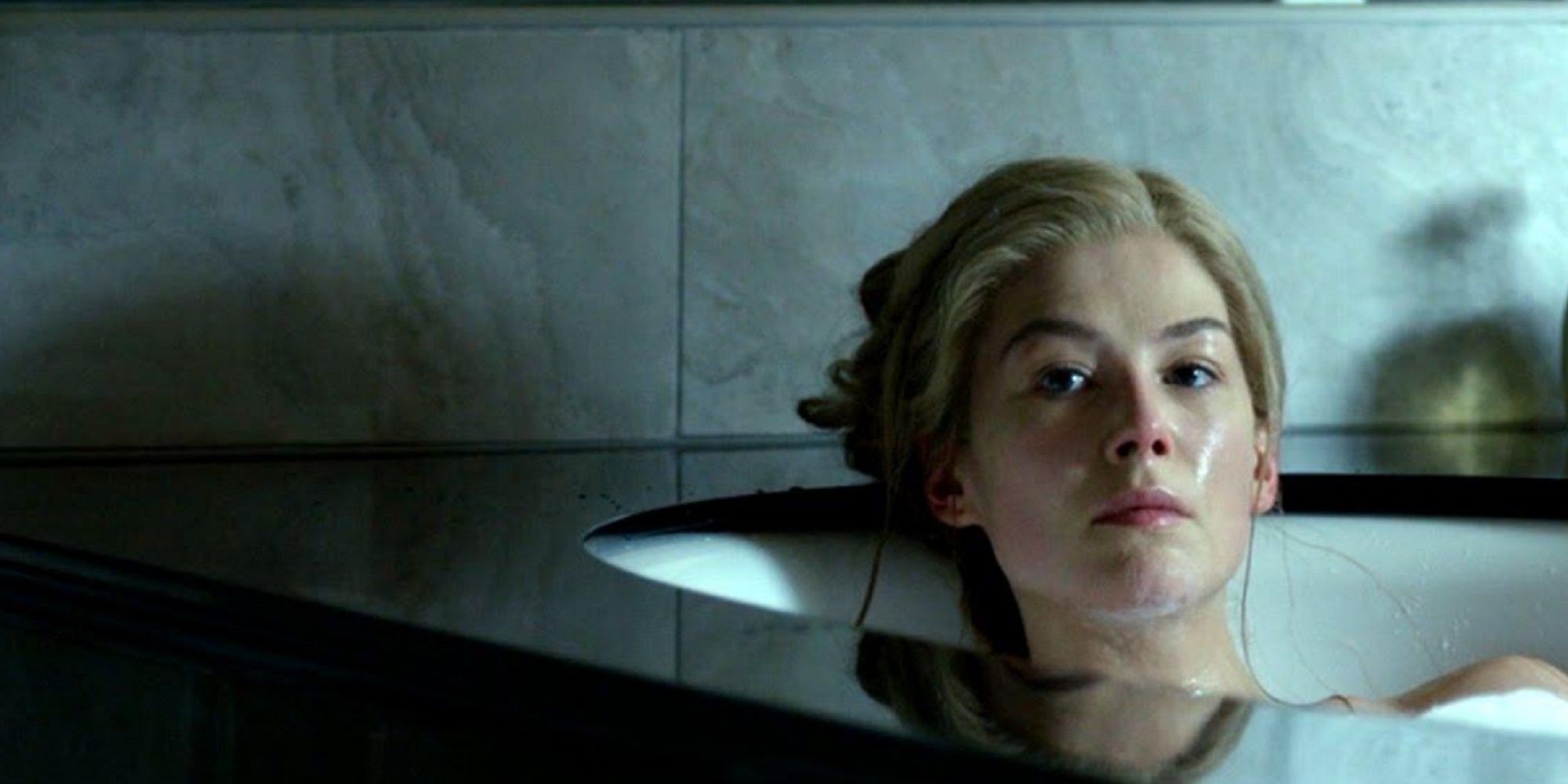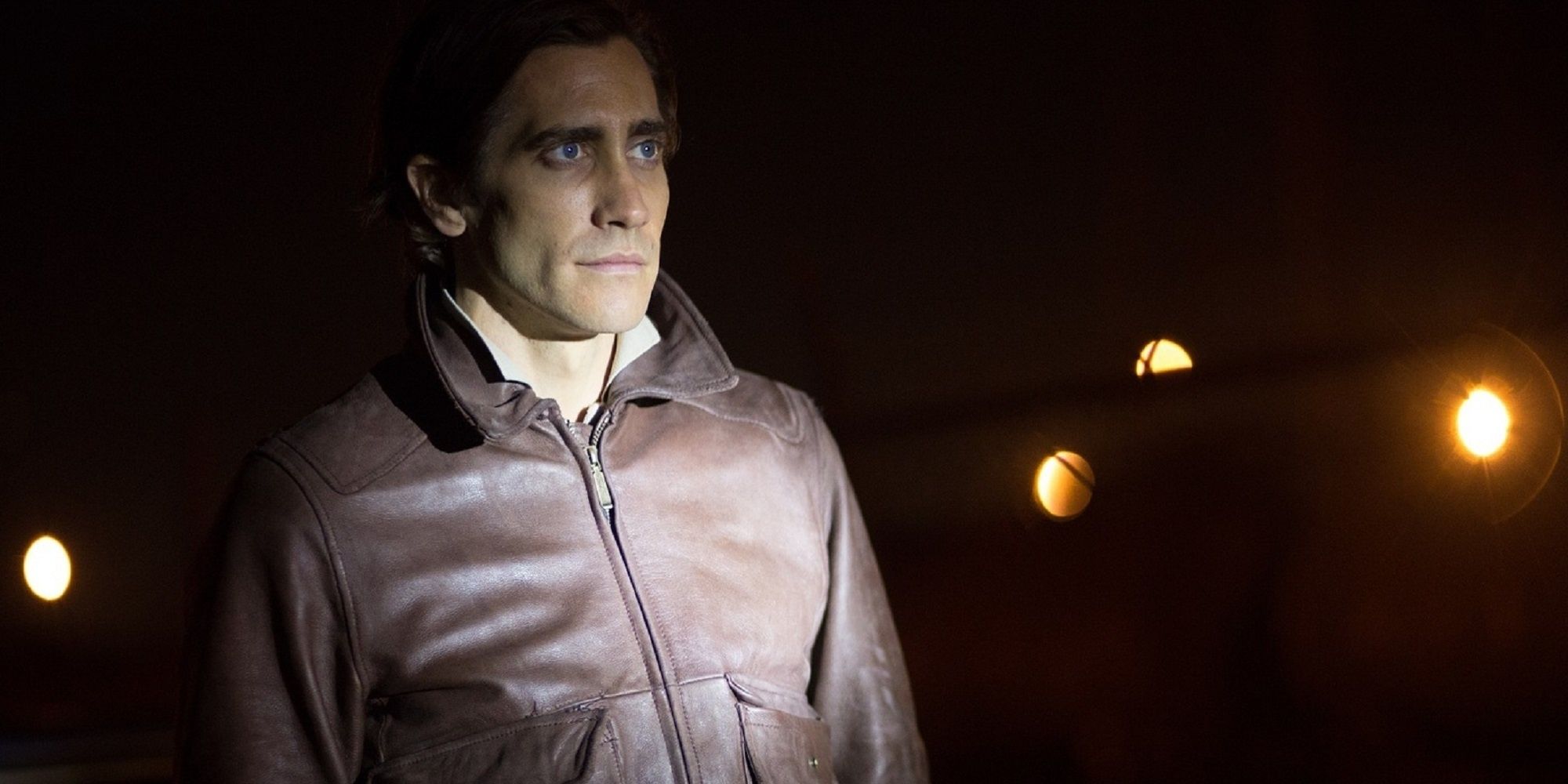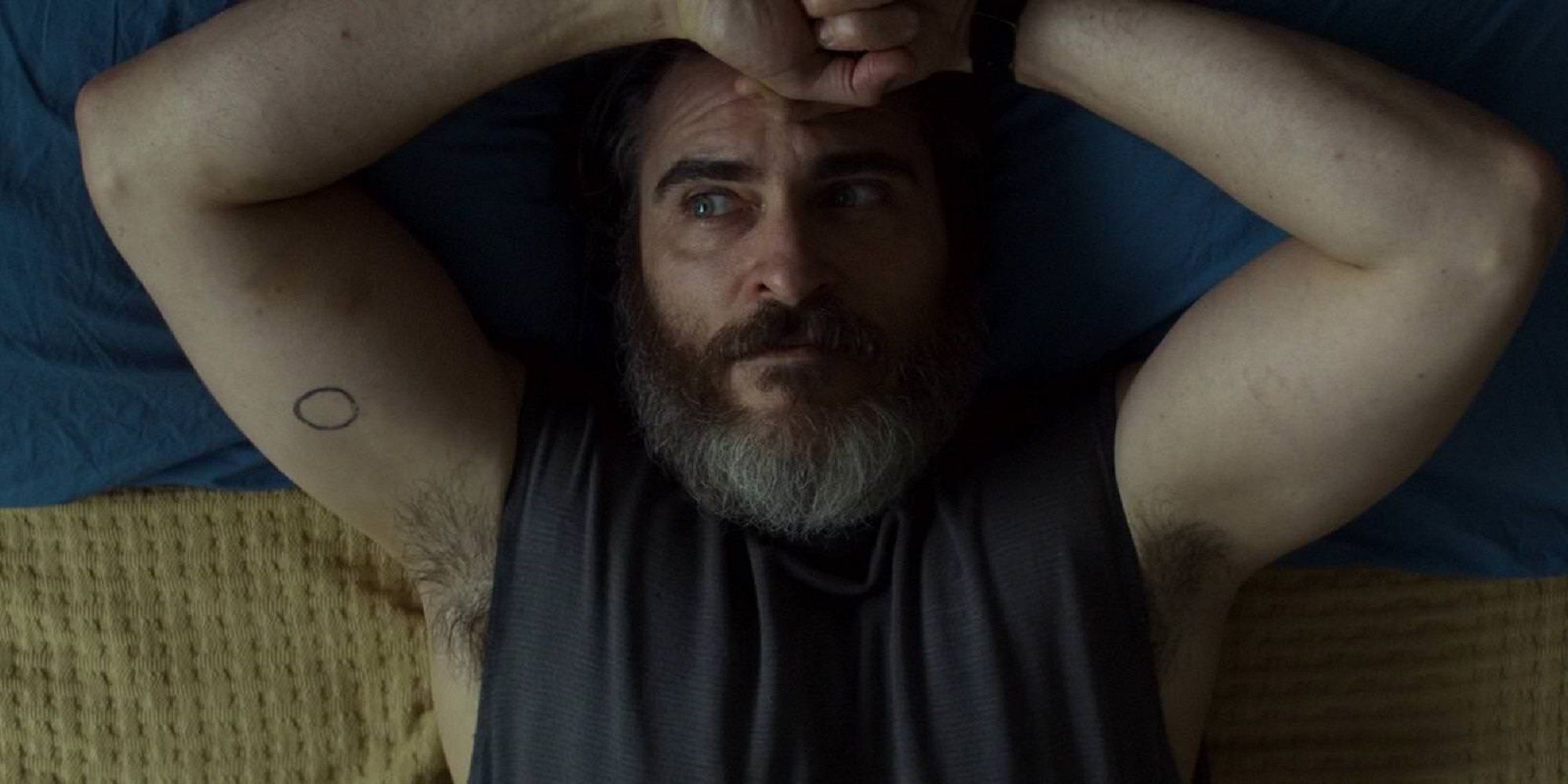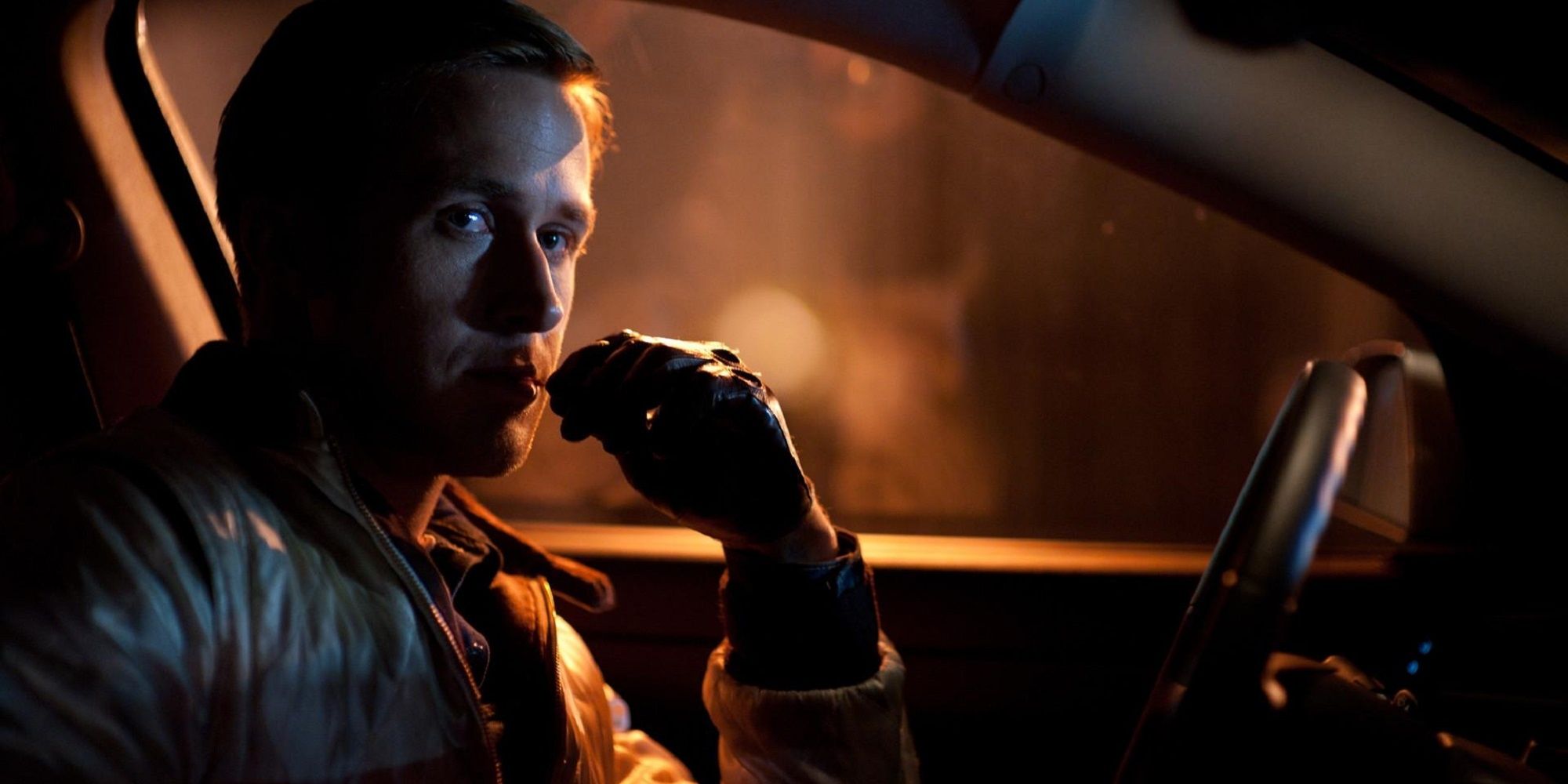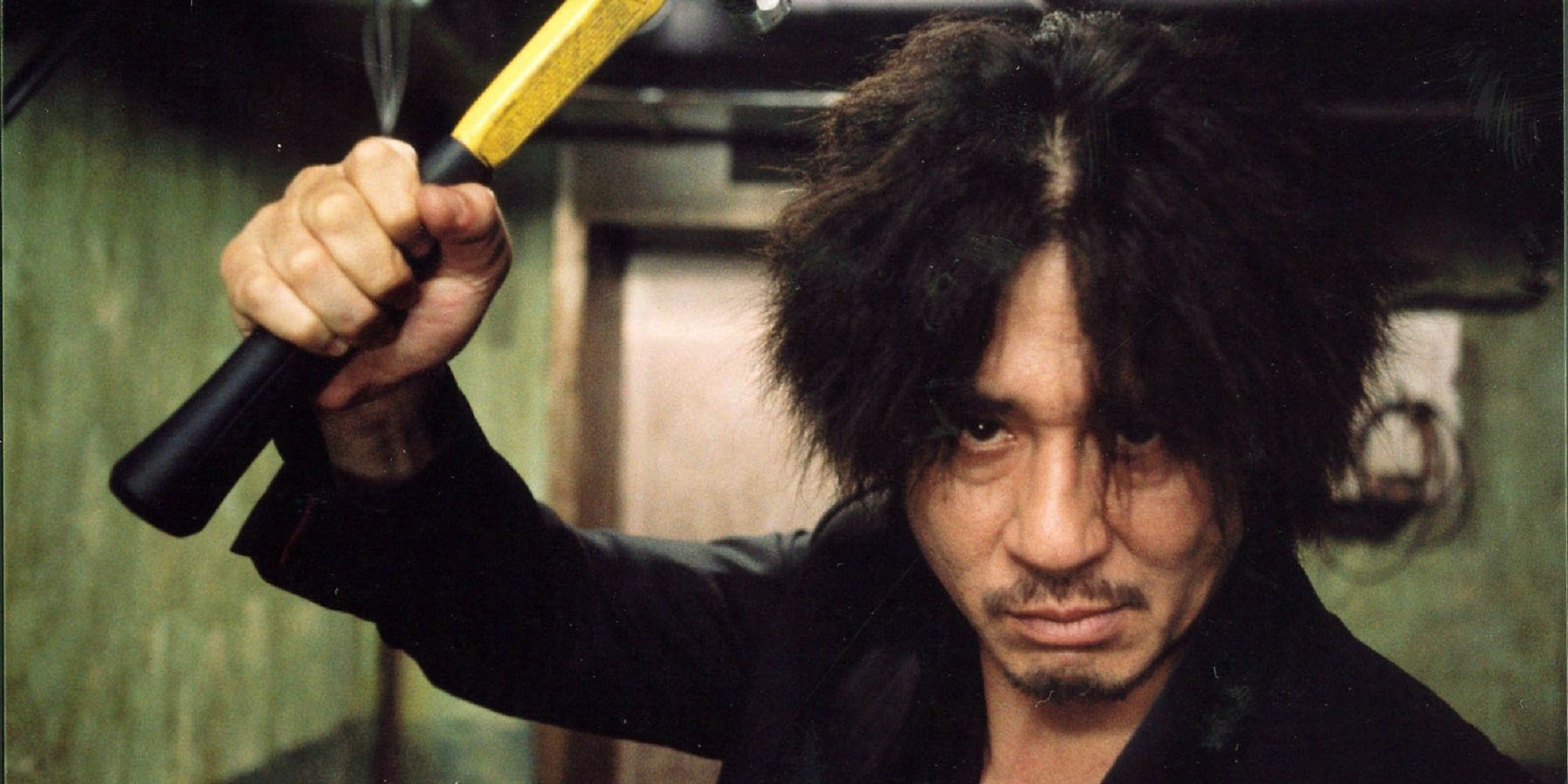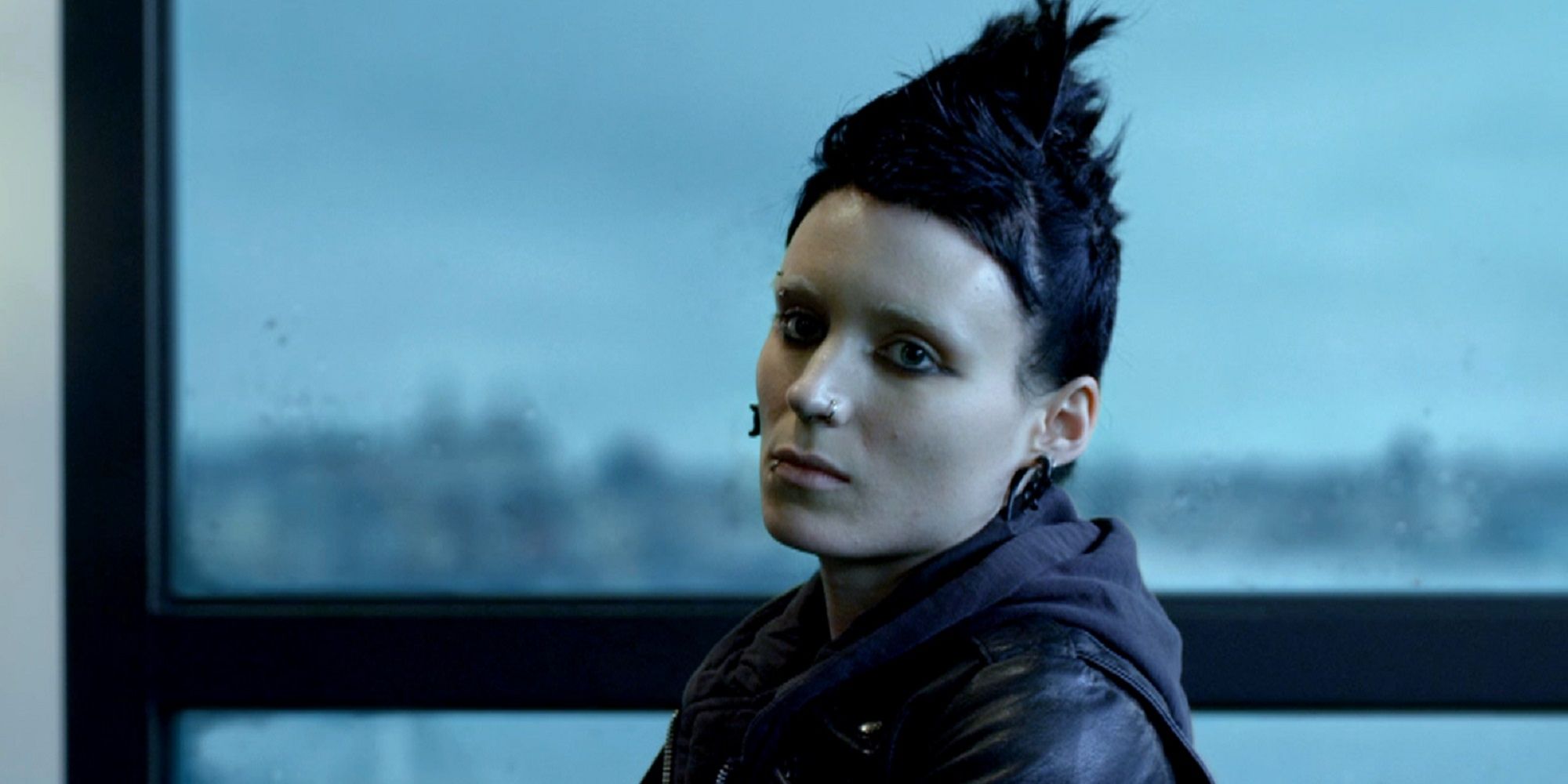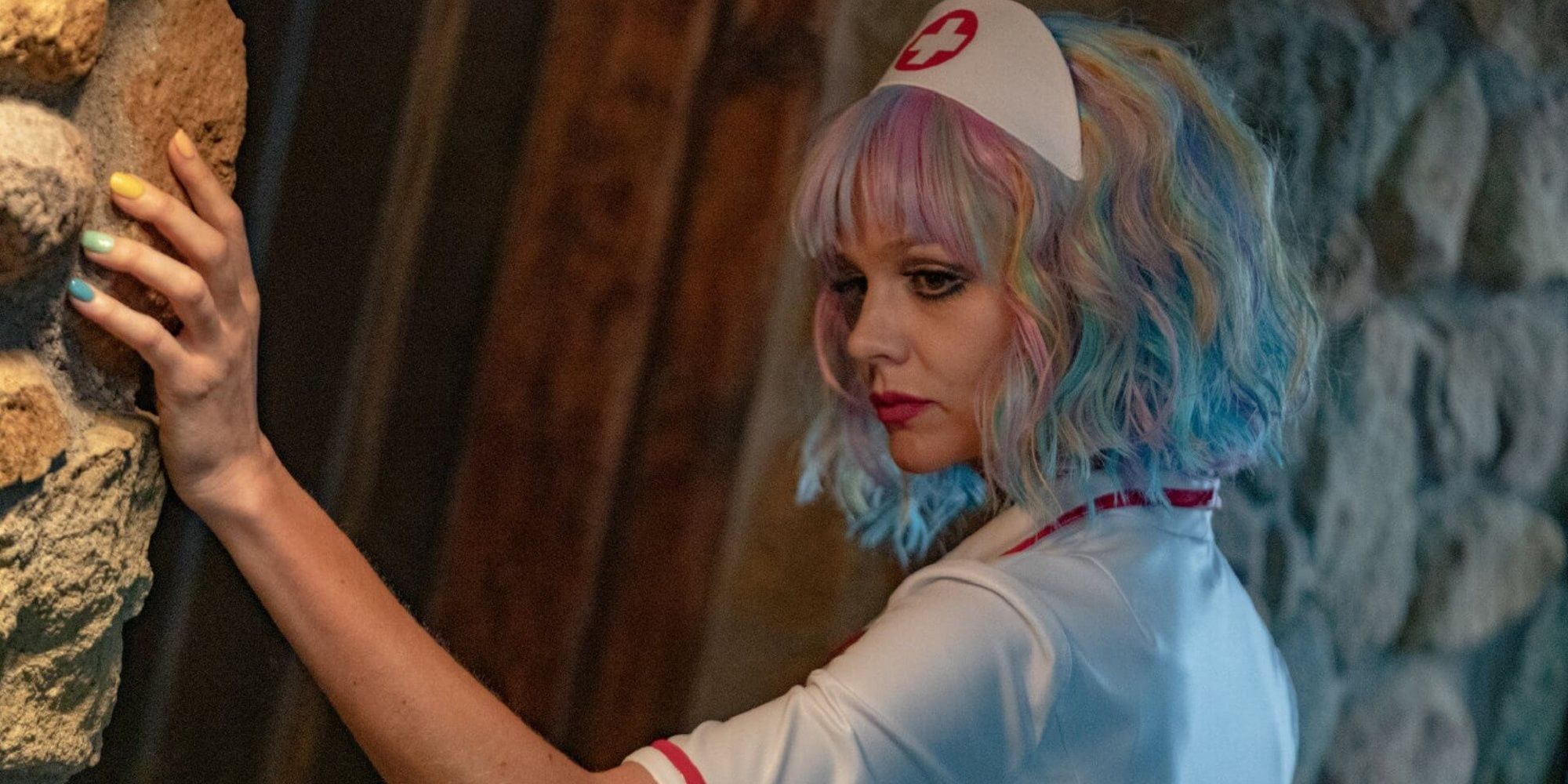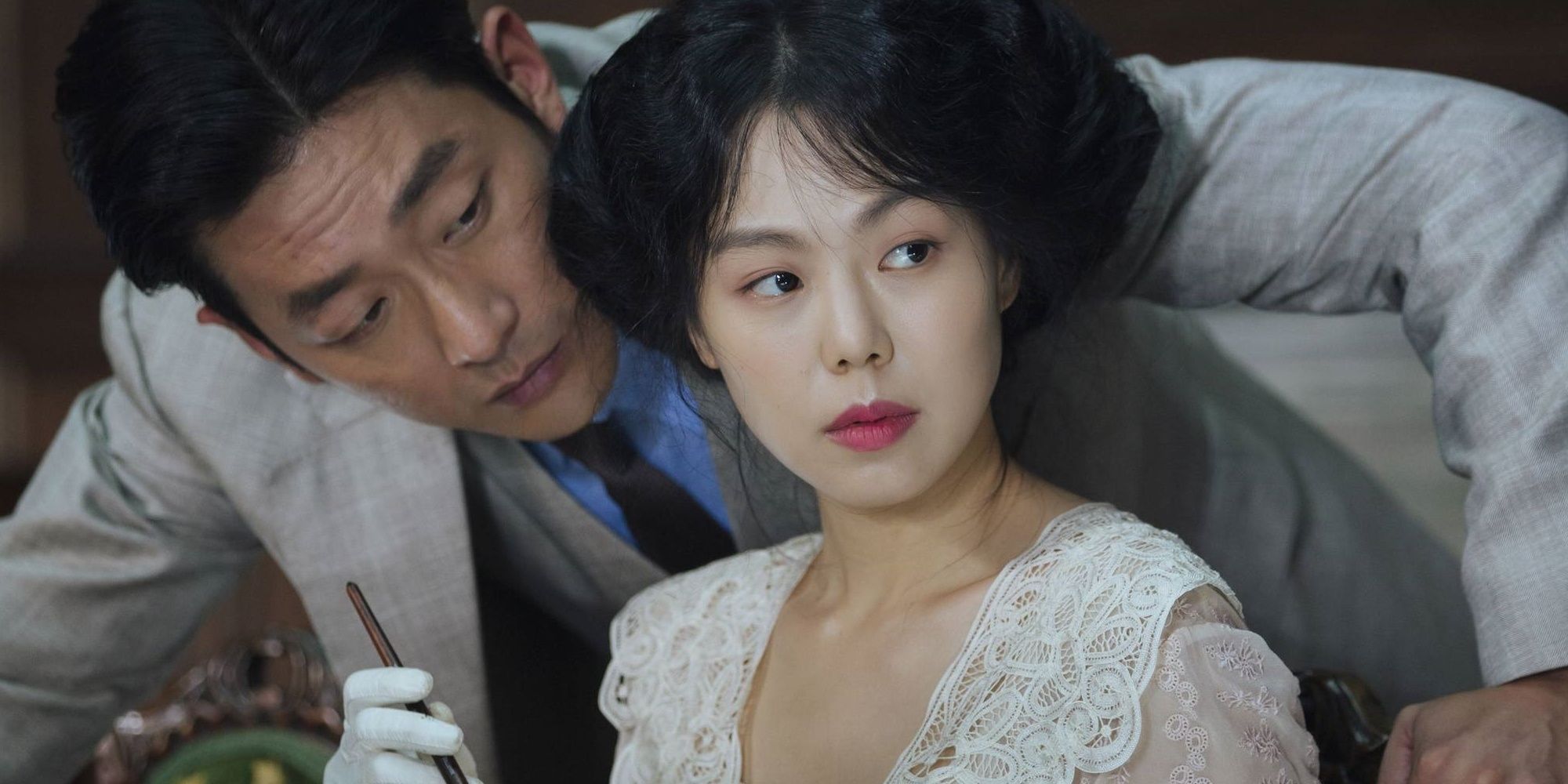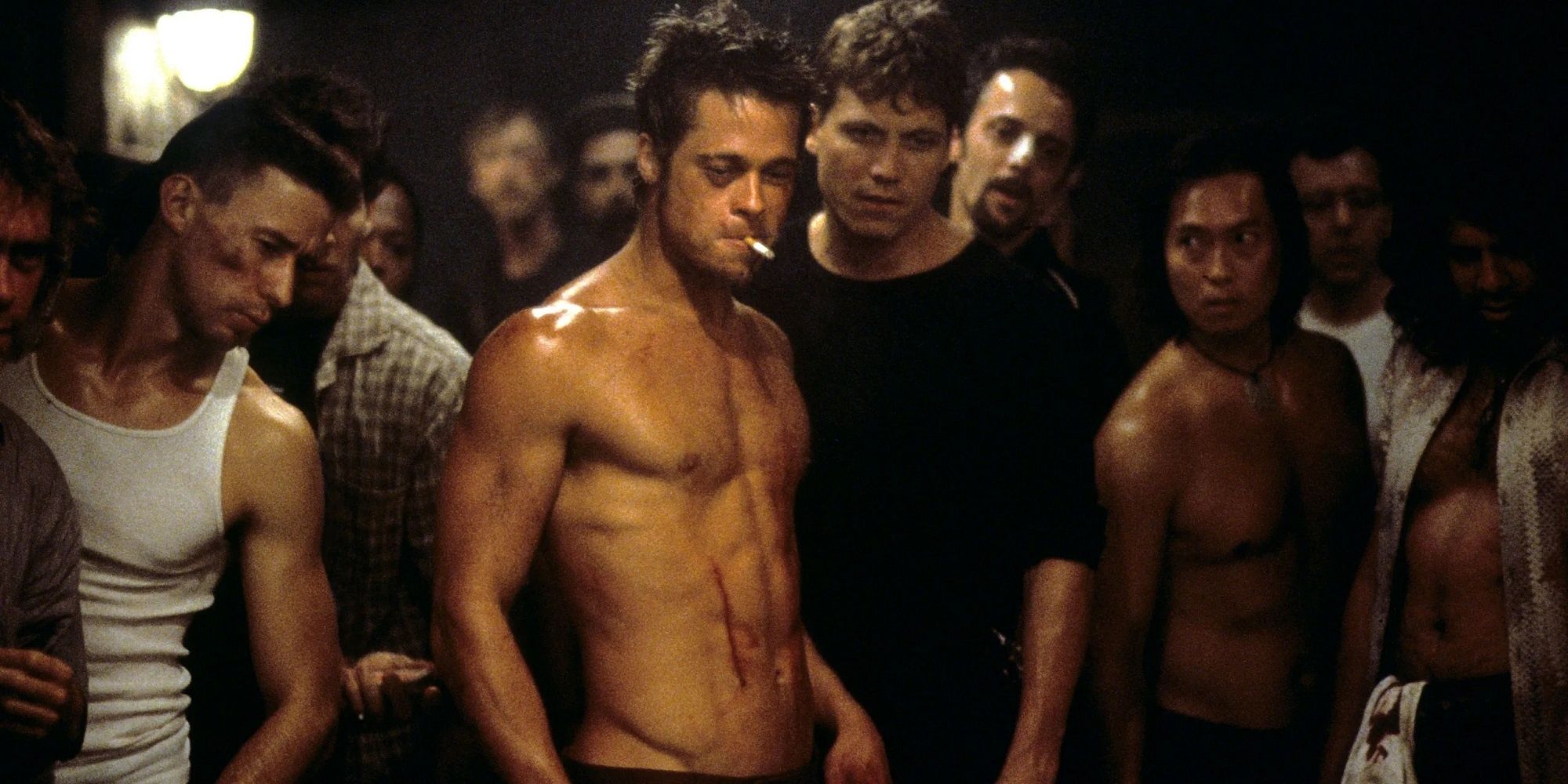Most antiheroes make heroes and villains seem positively dull. Sure, there are times when a seriously straight-laced hero is needed or an evil villain with no motivation besides wanting to take over the world. They are the backbone of many stories, but the best characters of modern cinema are multi-faceted and exist somewhere in-between.
An antihero is defined as a central character who lacks conventional hero characteristics. The antihero is the character that you are in your darkest moments. When right and wrong become blurred. That's why they're so easy to root for – there's something deeper and human there to struggle with.
Connie Nikas - Good Time (2017)
Robert Pattinson plays the nefarious Connie in Good Time, a film laced with neon tension and skin-crawling anxiety. Good Time opens with brothers, Connie and Nick, failing at robbing a bank. This leads to a transcendent escapade through one troubling night of dread, mistakes, and crime.
Connie Nikas is almost impossible to ignore onscreen. Between his vicious, hair-trigger decisions, Pattinson's palpable nervous energy, or his fluorescent aesthetic, Connie is the focal point of every scene. He shows how far he's willing to go to rescue his disabled brother, no matter what it costs him. He is bold and daring while failing at almost every endeavor he takes. But he always tries.
Amy Dunne - Gone Girl (2014)
At the heart of Gone Girl is Amy Dunne's “Cool Girl” speech. The venomous tirade became the anthem of every scorned woman in 2014. Amy Dunne takes revenge on her cheating, abusive husband, only for you to find out later that Amy is not so innocent herself.
Amy is the epitome of a monster. Yet, she is still relatable. Not in the way of toxic relationships and murders, but for the circumstances of her character. The deep-seated desire to make the person who wronged you feel pain is incredibly cathartic. While neither her revenge nor behavior is justified, it is freeing to see a character play both the naive wife and the murderous woman scorned at the same time, adding depth to the tropes of the genre.
Lou Bloom - Nightcrawler (2014)
Nightcrawler takes place in the seedy underbelly of Los Angeles, where only the sliest predators find the most grisly of crimes. Lou Bloom is a petty criminal who moves on to "night crawling" after witnessing a cameraman at the scene of a brutal accident.
Lou Bloom, like many antiheroes, has a sadistically dark side. He preys on other people like they are objects, and often breaks every rule in order to get his way. Jake Gyllenhaal famously drew inspiration from the predatory coyotes of Southern California, even going so far as to look like them – with ever-nocturnal rings of deep purple around his eyes, and the gaunt look of hunger permanently etched onto his face. Despite his often grotesque behaviors, it is his undying motivation to win that makes him worthy of rooting for.
Joe - You Were Never Really Here (2017)
Lynne Ramsay's You Were Never Really Here is a stunning portrait of a man and the troubled past that haunts him. Joe is the jagged counterpart to Taxi Driver's Travis Bickle, both men hellbent on rescuing young girls from horrible corruption. Joe stands out in a different way though, through the proximity of Ramsay's directing, and Joaquin Phoenix's portrayal of a broken soul.
Joe is a jaded and ghostly man who uses other people's trauma as a way to exorcise his own demons. He is neither good nor bad and walks the line between the two very carefully, only ever showing tangible emotions through anger. Joe is the solemn monster created by a brutal childhood. And within him, you will find an incredibly sympathetic character – a man who hasn't been whole since birth.
Driver - Drive (2011)
With his scorpion jacket, thumping, 80s-inspired soundtrack, and one of the best movie openings of all time, Ryan Gosling became a beloved antihero in Drive. Driver is a lone stuntman who moonlights as a getaway driver, with no other life or name outside it.
Driver is a good man who does bad things. This is seen in the stark contrast between helping Irene get away from her terrible life and murdering multiple people with hammers and curb-stomps. There is a constant yearning for something better in his life, but he is never able to fix himself enough to leave it all behind. Gosling portrays the character's quiet emotions and morose existence perfectly.
Oh Dae-Su - Oldboy (2003)
Dae-Su is the annoying drunk in Oldboy, who wakes up in a cell only to be held captive for 15 years, drugged and alone. When he is suddenly released, he goes on an unhinged hunt for his jailer in one of the most stunning thrillers of the 2000s.
Oh Dae-Su is anything but the upstanding hero you're used to seeing in revenge films. He is obnoxious, unstable, and brutal, with almost no redeeming qualities. He relentlessly makes mistakes and engages in torture (like that tooth scene you're probably still recovering from), and yet, seeing him pushed again and again to the brink of madness makes it easy to want justice for him.
Lisbeth Salander - The Girl With The Dragon Tattoo (2011)
The Girl With The Dragon Tattoo follows a journalist trying to get his reputation back, eventually connecting with the ever-resourceful Lisbeth Salander to solve a murder. Lisbeth is the choppy, black-haired protagonist with enough piercings and leather to join a rock band.
Lisbeth is special in every way, not just in her appearance. She is intelligent, sharp, and intuitive, all hidden behind a dark past. Antiheroes are often portrayed in revenge films for a reason: they make the most well-rounded characters. Lisbeth is the young woman who uses revenge as a way to process her own trauma. She is even admirable, depending on who you ask.
Cassie Thomas - Promising Young Woman (2020)
Cassie Thomas is not who she says she is. On the outside, she is a sweet, blonde, well-behaved lady who still lives with her parents and works at a coffee shop. Inside, she is wickedly cunning and full of secrets and violent fantasies. By night, she spends her time manipulating predatory men into taking her home with them.
Promising Young Woman does everything it shouldn't, and it does it well. Not only does the protagonist die in the end, but she dies at the hands of the man she's trying to take revenge on. That is the brilliance of the character – Cassie doesn't need to live out her revenge in order to get it. Even in death, she will haunt those men for the rest of their lives. In death, she found peace.
Lady Hideko - The Handmaiden (2016)
In one of the best erotic thrillers in modern cinema, Park Chan-wook's adaptation of novelist Sarah Waters' Fingersmith tells the tale of the seemingly innocent Hideko, a Japanese woman set for a hefty inheritance. A pickpocket and a con-man have other plans for her though. None go as planned, as Lady Hideko is just too sharp for them.
It is the juxtaposition between the two female protagonists that lends itself so well to Hideko's flawed, but powerful character arc. She and Sookee start off in the film as two sides of the same coin. Their roles switch once they satiate their lust for one another, and Hideko gains the upper hand over Sookee. Hideko is always one step ahead of every character in the film, and it's deliciously satisfying.
Tyler Durden - Fight Club (1999)
Fight Club is a tale of a forgotten generation of men who just want to feel something. Brad Pitt plays the iconic Tyler Durden: the villainous alter-ego of the insomnia-riddled Narrator. And yet, he is more real than the Narrator will ever be.
Tyler Durden stands for the ire of toxic masculinity that plagued a culture of lost, invisible men. Tyler is manipulative, selfish, and cocky. He is also the epitome of absolute chaos. He wants everyone around him to let go of everything that chains them to their capitalistic lives. And he's not wrong. There are many lessons that can be taken from Tyler Durden, but maybe just with fewer chemical burns and bombs.

